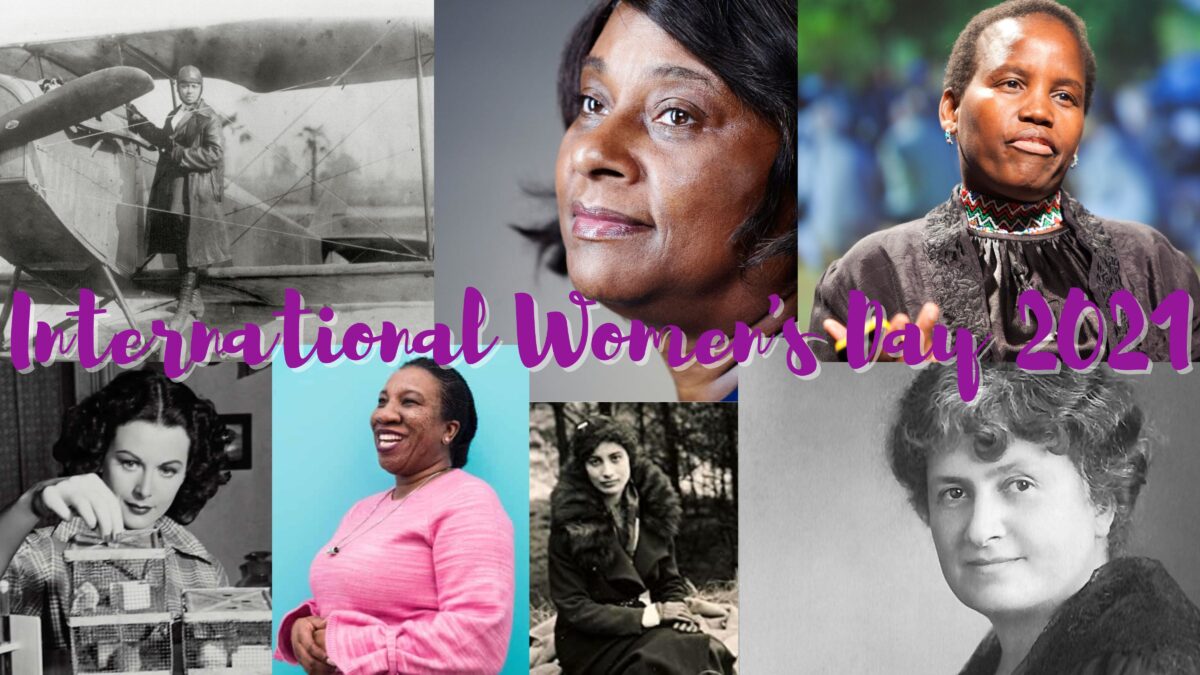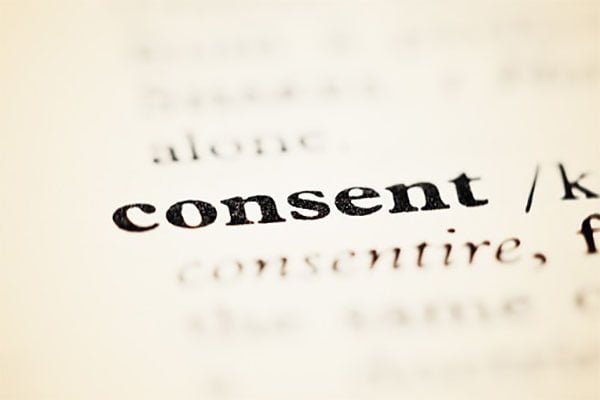International Women’s Day 2021
Share:

It’s International Women’s Day and here at Beep, as we do every year, we’re celebrating women around the world, past and present.
This year’s theme is ‘Choose to Challenge’, meaning that it’s up to every one of us to call out gender bias and inequality. Wherever we see it – be it in the workplace, school, university or within our friendship groups – we’ve got to tell people it’s unacceptable. A challenged world is an alert world. The more we do as individuals ultimately creates a collective. A collective creates change.
There are many ways of choosing to challenge gender bias and inequality, which we’ll explore later. But women throughout history have been challenging stereotypes, and we’ve actually made a video all about these women below. Most of them are people you probably haven’t heard of, despite their amazing achievements and changes to the world. So, have a listen and learn something new.
TW: the following includes mentions of rape and sexual coercion
However, we know that not everyone is able to get a pilot’s license, or refuse to give up Allied secrets when they’re being tortured. Those things absolutely challenge gender bias and inequality, but they’re not something everyone can do. So, what alternatives are there?
Well, choosing to challenge your friends where there’s bias and inequality is a great place to start. We’ve all had it when we’re sitting there and someone makes a really inappropriate comment. There’s a difference between that and a joke. A joke is when nobody’s left feeling ‘less than’ everyone else in the room. If someone says something that makes you feel that way, be vocal about it. Tell them that it wasn’t acceptable.
While that was one of the most innocent possibilities, there are also more sinister things we should be calling out in this world. Men have a role to play in this too, especially surrounding issues of consent. All too often at universities in particular, young boys – or should we say, ‘the lads’ – think it’s appropriate to talk about young women as if they are some kind of objects in a game. Competitions to see who can sleep with the poorest girl, the most girls, the ugliest girl, the prettiest girl – all of these things are unacceptable. And it’s on everyone to choose to challenge that – including young boys.

Recommended Reading: 17 Women Who Changed the World
When it comes to consent, though, things are even trickier. There was the uni group chat where rape jokes were made about women. Who stood up for them? Not ‘the lads’. How many times have we heard of a woman feeling pressured into sex? When simply ‘no’ wasn’t enough, and they are worn down and pestered until they give in? That’s not OK. Anything other than ‘yes’ is not consent. And even a ‘yes’ is not consent if it has been dragged out of someone after perseverance.
And yet, in circles of young people, it has become normalised for individuals – especially women – to ‘give in’ to please their partners. Let’s be clear: no partner should keep on asking you to do something you have already said you don’t want to do. It’s coercion, and can be incredibly damaging.
With one in ten women being forced into sex against their will and 56% of women reporting that the first time they had sex, they were pressured into it, there is a lot we can all do to change the tone.
So, this International Women’s Day, you can choose to challenge people in a number of ways. You can choose to tell your friends that, actually, their joke made you uncomfortable. You can choose to challenge boys who turn women into objects of their games. And you can choose to challenge the pervasive idea that wearing someone down is consent. You can even choose to challenge yourself if you’ve been guilty of any of these things – that’s what International Women’s Day is about.
